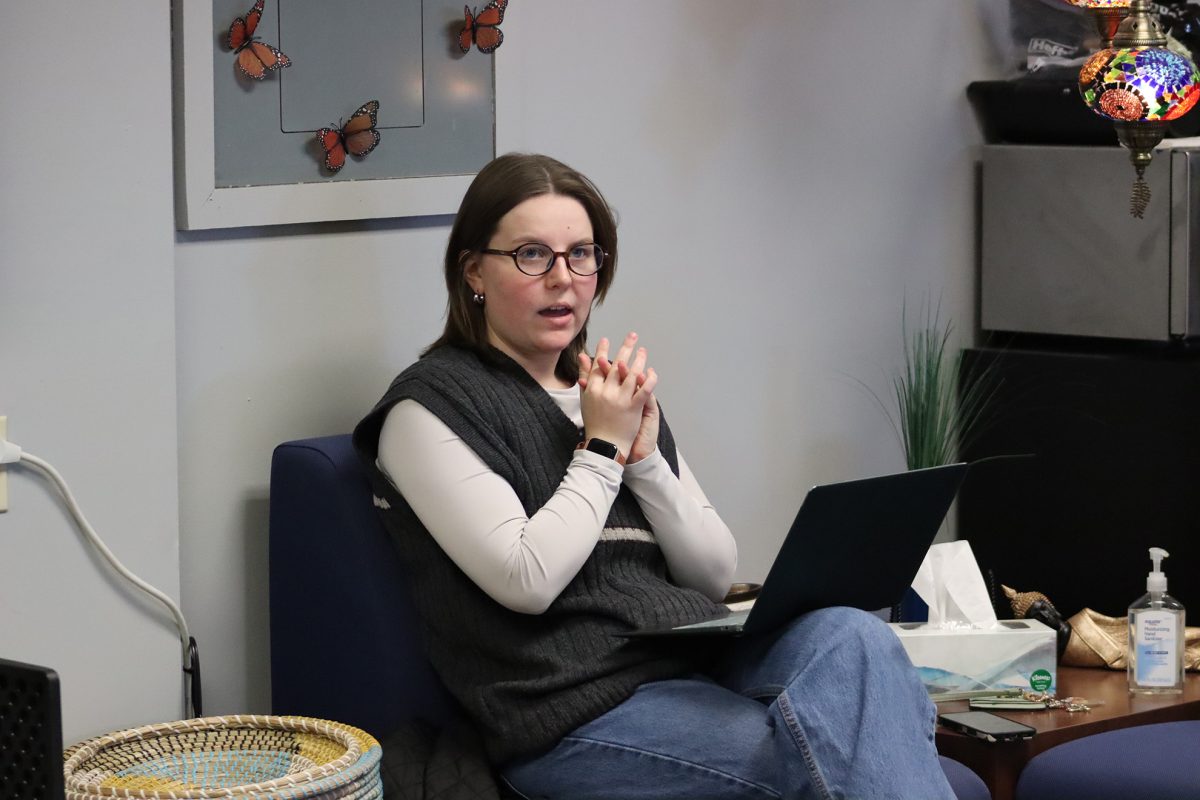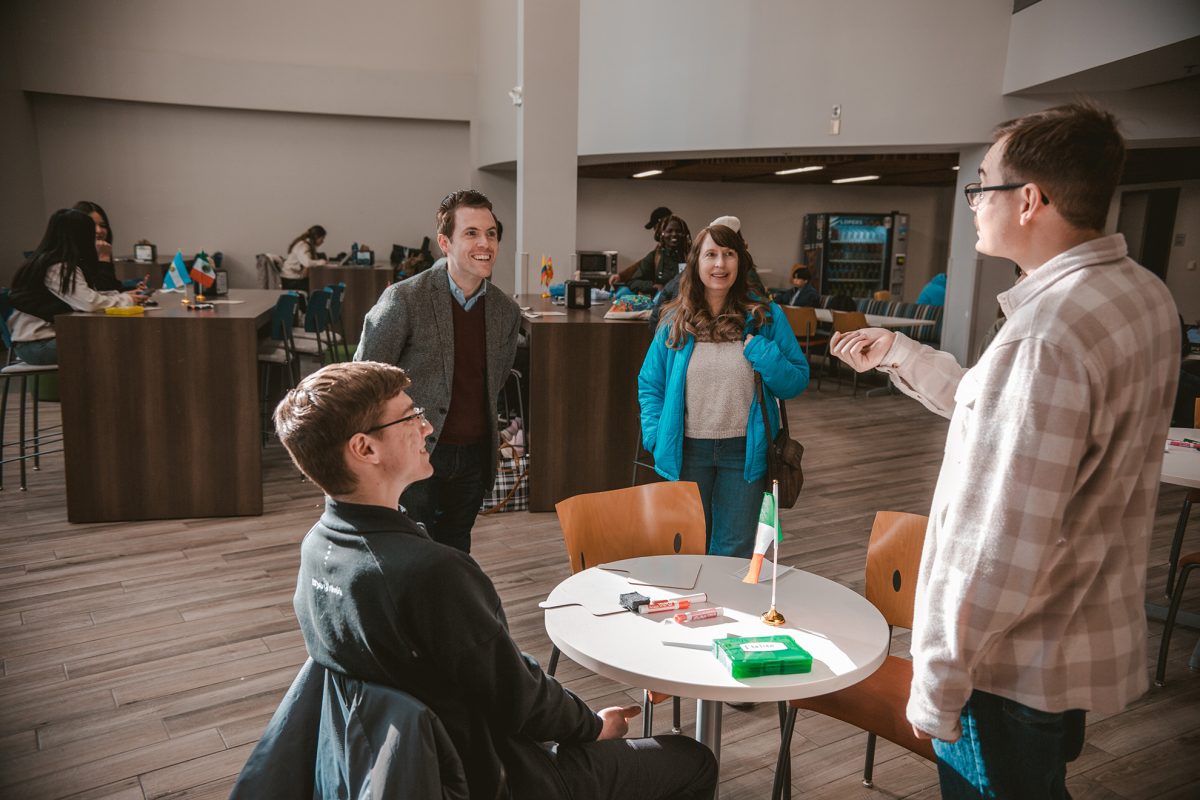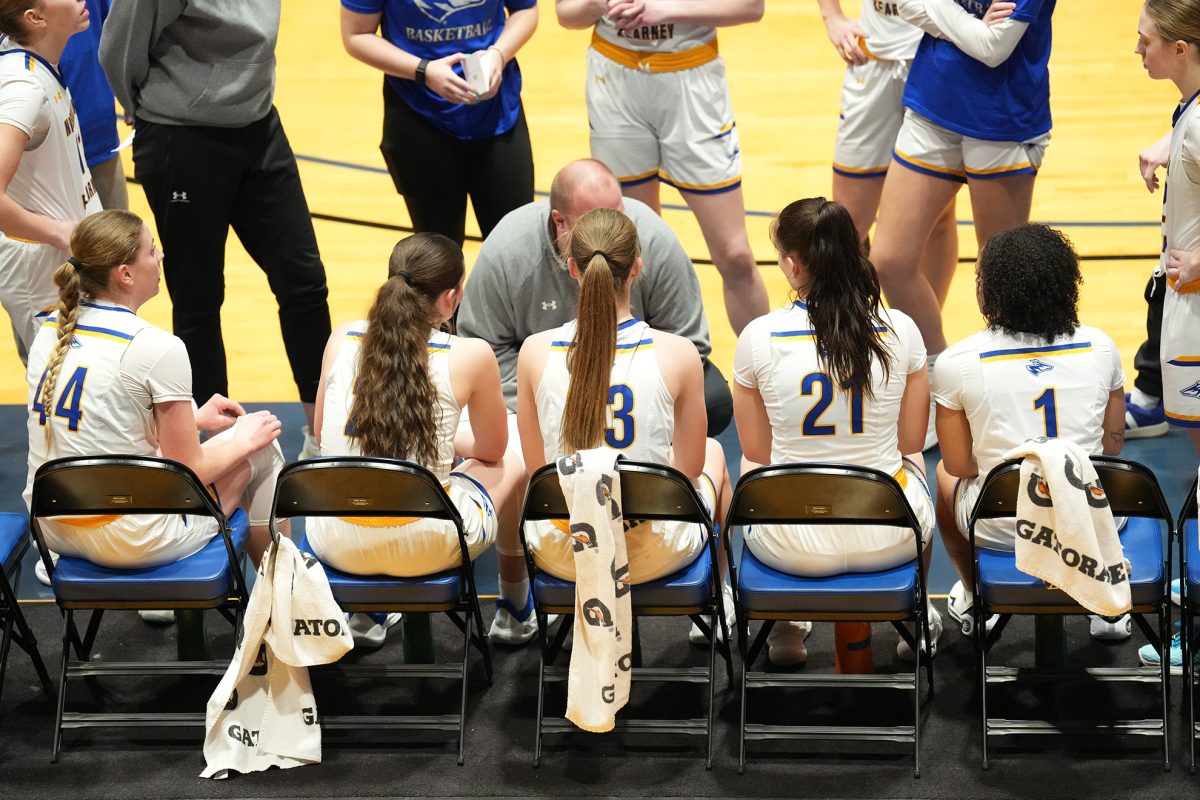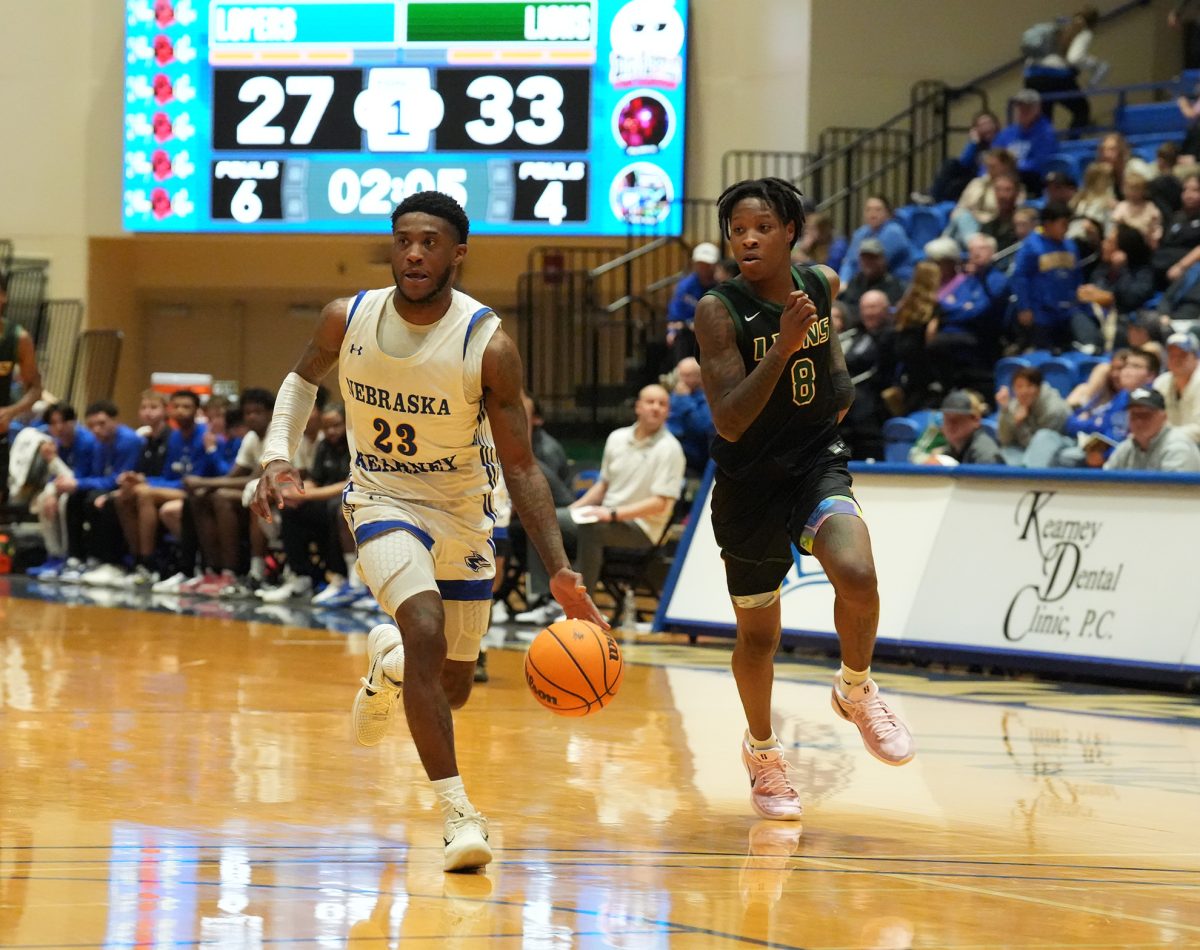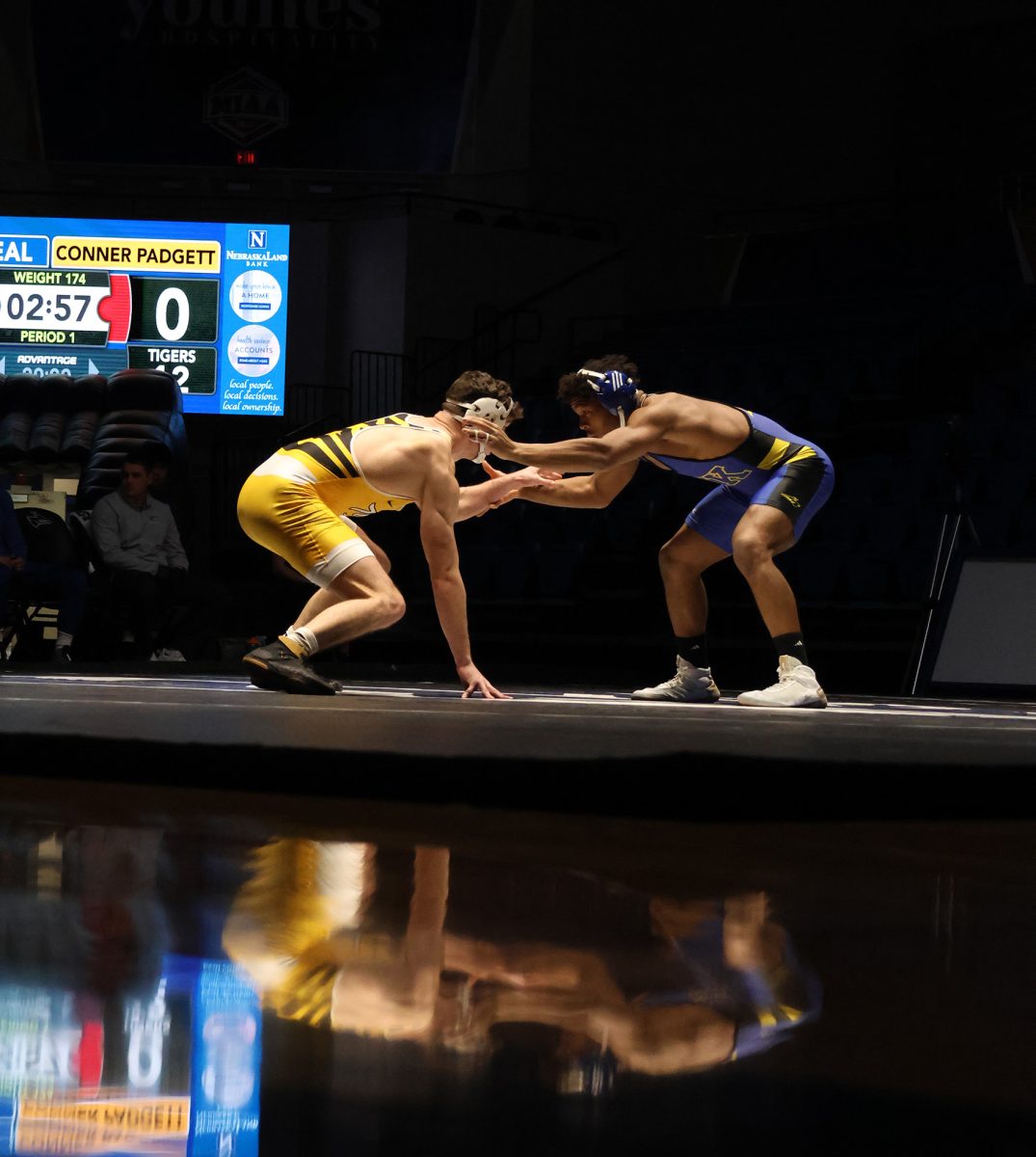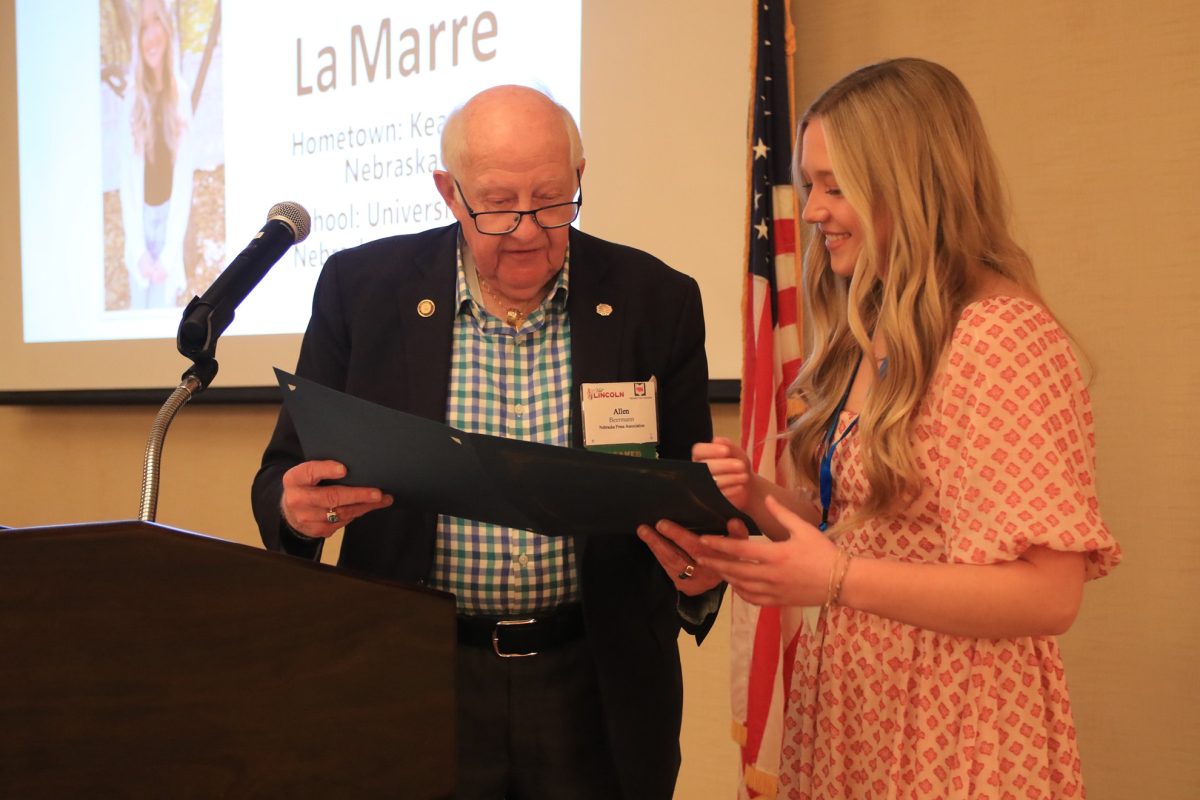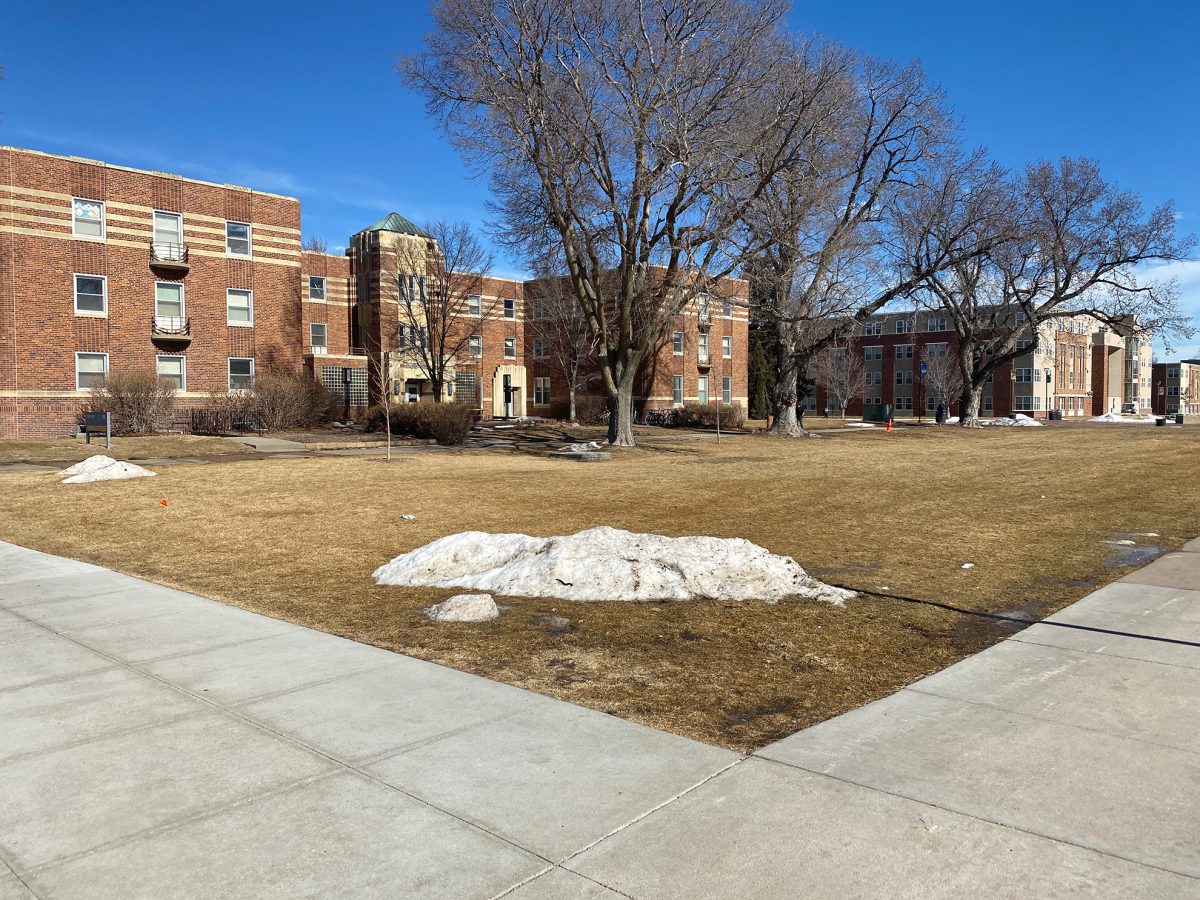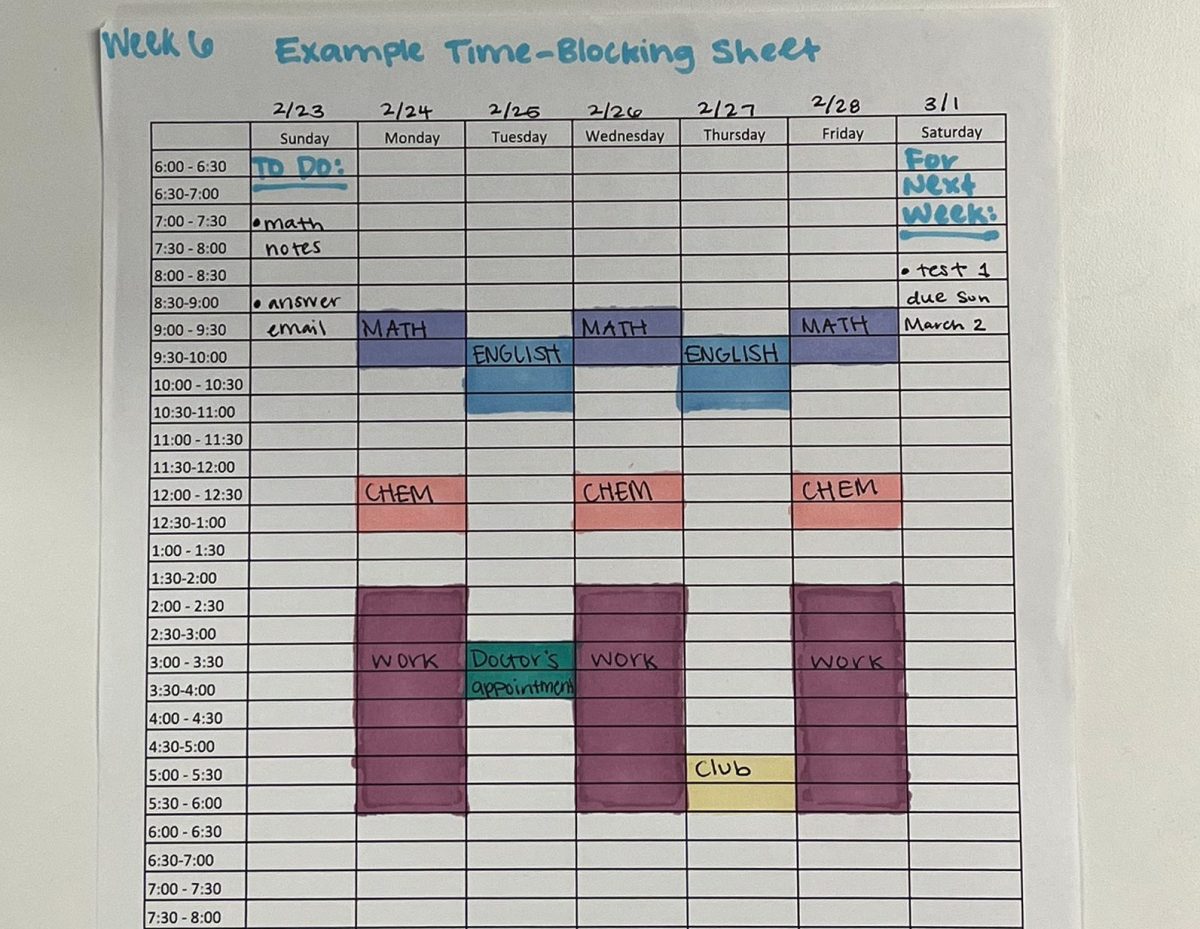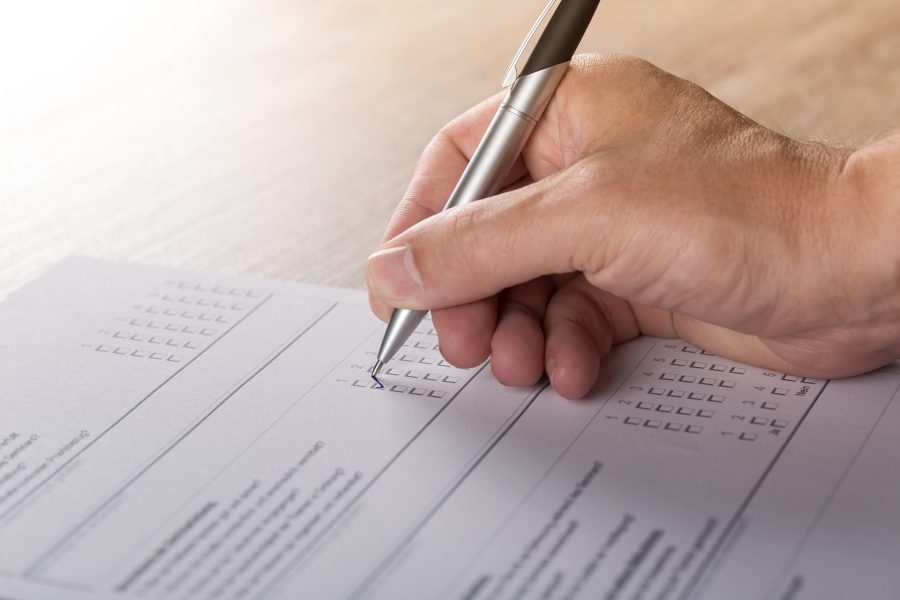In the timeframe since the 2020 general election, there have been lots of policy changes. One of the most significant policy changes made in that timeframe is the Dobbs v. Jackson Supreme Court decision, which changed abortion prescedent in the US for the first time in roughly 50 years since Roe v. Wade.
The Antelope urges you to vote in this next month’s upcoming midterm elections.
UNK students must also do our part for what we think is best for our country. It’s up to each individual, whether or not they are for or against abortion.
When students left Kearney for the summer, Lopers’ reproductive rights were debated. The leak of the Dobbs v. Jackson case shook the country to its core. Whether people were anti-abortion or for abortion rights, the nation wasn’t prepared for an unprecedented leak from the nation’s high court. Right before the onset of finals week, students capped off dead week with protests and counterprotests.
For the average person at the end of the semester, the leaked Dobbs opinion seemed to fall off the news cycle. The nation witnessed horrific mass shootings in Buffalo and Uvalde, felt the pocketbook squeeze of inflation and continued to watch the ongoing war in Ukraine.
On June 24, when the U.S. Supreme Court released Dobbs v. Jackson, Justice Clarence Thomas looked to three other court decisions that he wants the Court to reconsider. Thomas wants to look again at contraceptive access in Griswold v. Connecticut, same-sex relationships in Lawrence v. Texas and same-sex marriage in Obergefell v. Hodges. While this research brought forth more outrage, it had another meaning to the legislative branch — doing their job.
In 1973, when the Roe v. Wade ruling was released, the legislative branch of our federal government had one of two options: codify the ruling or do nothing. Now Roe is gone. Codifying the court decision is no longer possible. The right to terminate a pregnancy has been overturned to the states.
The biggest item on both parties agendas this year after June 24 is abortion rights. In September, South Carolina Sen. Lindsey Graham introduced a bill in the Senate to ban abortions after 15 weeks, with exceptions for rape, incest and the health of the mother. Across the political aisle, President Joe Biden recently said that he promises to codify Roe if Democrats win the midterms.
Peter Meijer, now-primaried Michigan House Republican, said that Justice Thomas and the courts had one big message to Congress. According to Meijer in a video on Twitter, the court said, “Don’t rely on the courts to do the legislating. Take up that legislation yourself.”
After punting on the issue since the original 1973 decision, abortion appears to be one of the prime factors for Congress and our unicameral in Lincoln. Instead of taking the legislation on their own, some states are in a scramble to write laws regarding the medical procedure.
While it’s good for college students to share our voice, it isn’t nearly as important as the voice that we hold at the ballot box. We are grateful for campus groups who joined forces with the American Democracy Project which actively ran booths to sign up UNK students for mail-in voting.
Not only does The Antelope encourage students to vote, whether in person or absentee ballot, we also encourage young people to reach out to their elected representatives. Reach out to officials in Washington D.C. or in Lincoln because it’s important to voice comments of support or concerns about legislation. It gives our leaders a basis on how they will vote in crucial moments this upcoming legislative term.



